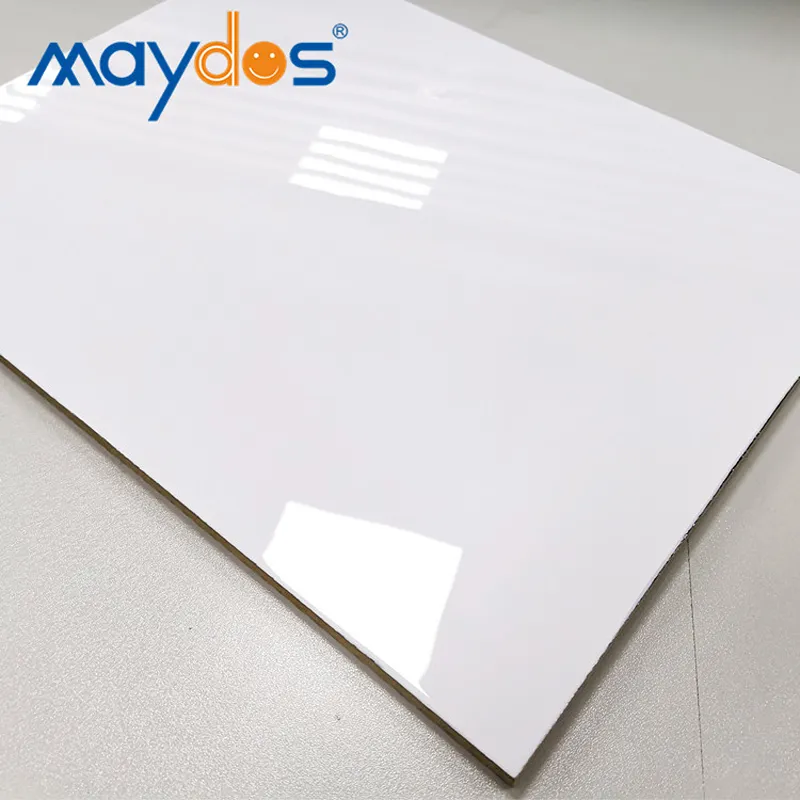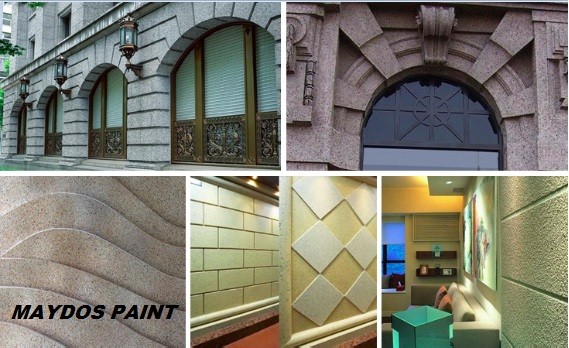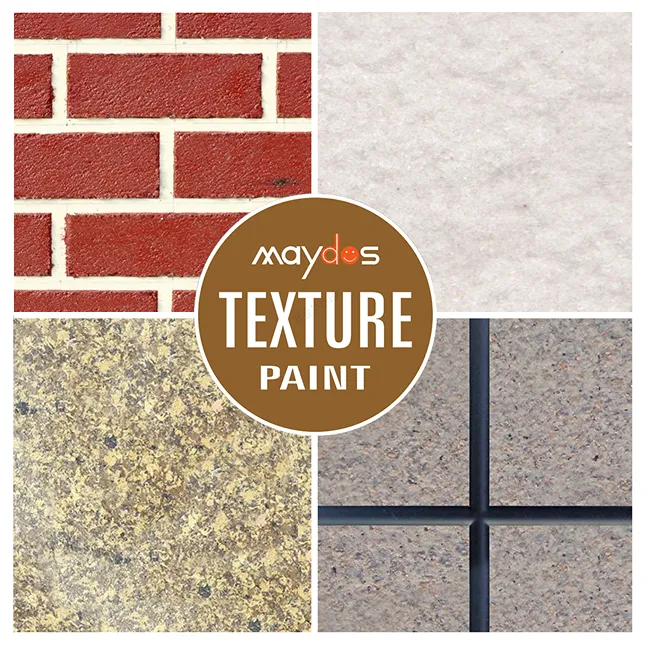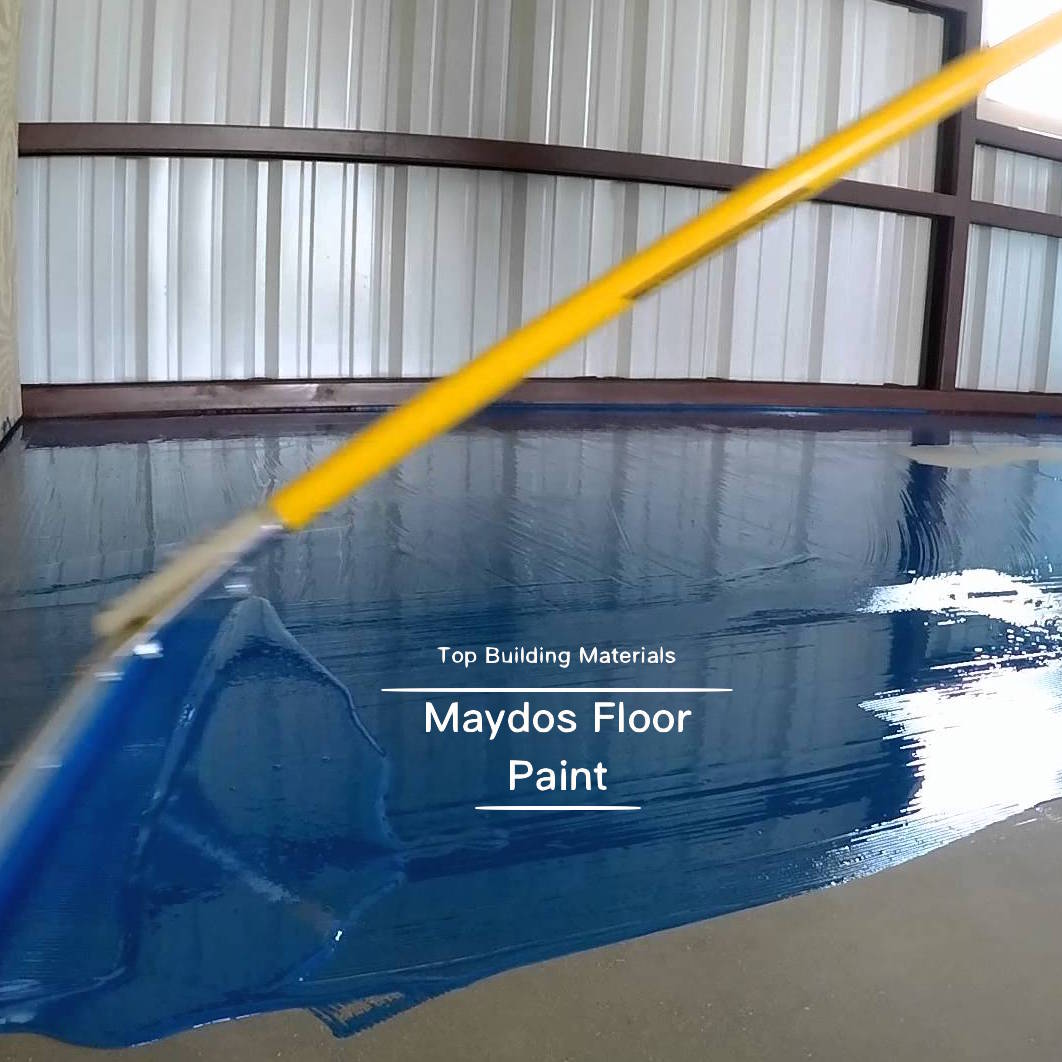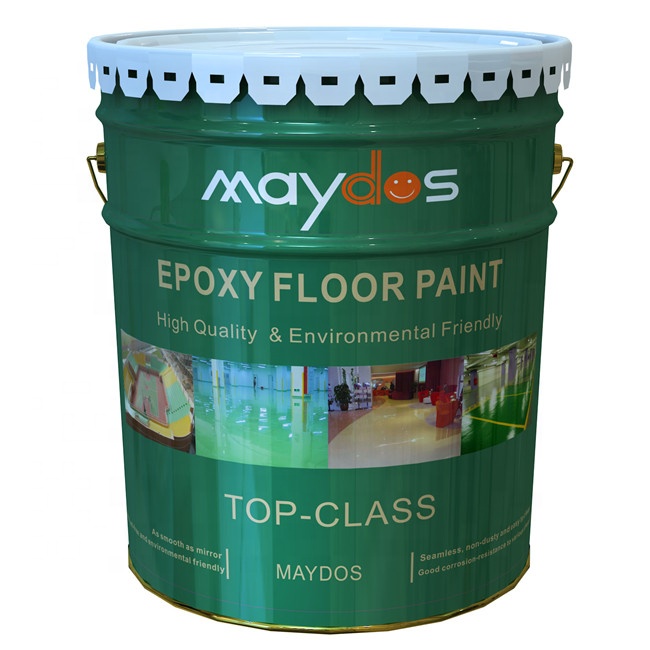Epoxy Floor Coatings
There are many types of epoxy floor coatings. Self-leveling, Metallic, Multi-hued, and Solid colors are just a few of them. You can choose to paint the entire floor or just a specific area. The type of coating you choose depends on the application of the floor and your preferences. For more information, read on to learn more. Listed below are some pros and cons of epoxy floor coatings.
Self-leveling
Premium Coatings’ Self-Leveling Epoxy Floor Coatings are an eco-friendly, pollution-free, and solvent-free paint coating. They have superior adhesion to concrete and are highly durable. They are also non-toxic and can withstand boiling water. They have a variety of benefits, including superior thermal resistance, and can be applied over multiple layers. The following is a brief overview of the benefits of self-leveling epoxy floor coatings.
Epoxy self-leveling flooring is an easy-to-apply system that covers cracked, damaged, or new concrete surfaces with an even texture. Its unique self-leveling properties make it the most durable option for industrial, commercial, and residential flooring. It is available in various colors and can be applied over existing floors in a wide range of applications. Self-leveling epoxy floors are excellent for use in warehouses, manufacturing buildings, commercial garages, kitchens, and athletic facilities.
Unlike traditional flooring, self-leveling epoxy flooring requires no maintenance beyond cleaning with soap and water. Because it is seamless, it can be cleaned with minimal effort, and is highly resistant to microbial growth. Designed to withstand heavy foot traffic, self-leveling epoxy floors provide a comfortable grip underfoot, even when wet. This makes them an excellent choice for use in cafeterias, locker rooms, and other areas that are subject to frequent liquid spills.
Metallic
When considering flooring for your home, you may want to consider installing a metallic epoxy floor coating. It offers a unique look to the concrete flooring and is perfect for areas with high traffic. Metallic epoxy is applied to concrete surfaces to create a high-performing surface. This type of floor coating is often applied with denatured alcohol. It can be manipulated to create different effects, such as a fish-eye effect. The metallic effect is also compatible with other textures, such as custom saw-cut tiles or textured microtoppings.
The application of metallic epoxy requires a special roller or squeegee. When applied properly, the metallic pigments twist and reflect light at different angles. Once the coating hardens, the metallic particles lock into place. Metallic flooring is one of the most popular types of floor coatings today. It can mimic the appearance of molten metal or the depth of ocean water. Metallics are particularly attractive for high-traffic commercial applications.
Metallic epoxy floor coatings have many benefits. They are easy to clean and can withstand high-traffic areas. It is also environmentally friendly, containing zero VOCs, which makes it a great choice for upscale homes and businesses. Moreover, these floors don’t have any hidden areas where dirt and other debris can accumulate. As a result, you won’t have to worry about cleaning them for years to come.
Multi-hued
If you’re looking for a unique and colorful flooring option for your home, look no further than multi-hued epoxy floor coatings. These coatings are available in an infinite variety of colors and textures, and can be mixed and matched to create the design of your dreams. These coatings are ideal for a variety of commercial applications, including kitchens, sports arenas, laundry rooms, and more.
Many industrial settings have rigorous requirements for ground surface quality. For instance, candy makers in Cincinnati needed a white epoxy coating for their production facilities. Surface Solutions USA recently completed an application for this company for their 3000 square-foot production facility. This particular multi-hued epoxy floor coating was applied to a poured concrete surface to provide a durable and visually appealing surface. The coating is extremely easy to clean and does not require waxing.
If you’re looking for a unique flooring solution, you should consider a multi-hued epoxy garage floor coating. Decorative flakes in multiple colors can be sprinkled on the surface during the application process. These flakes can hide oil stains and tie the garage together. However, be sure to consider the lighting in your garage before choosing the color of your multi-hued epoxy floor coatings. If your garage gets plenty of natural light, then opt for a darker color.
Solid colors
You can achieve the look of solid colors on your garage floor with the help of a professional epoxy coating. If you are planning to use epoxy in your garage, you should follow certain guidelines to ensure the proper application of the coating. First, you must clean the surface. Once you have done so, you should etch and profile the surface. After application, make sure to limit the exposure to moisture as epoxy is a non-vapor-permeable sealer. For this purpose, the surrounding temperature should be between 50 and 90 degrees Fahrenheit, and the relative humidity should be no higher than 75 percent. In addition, no precipitation should occur for 12 hours after application. In addition, the application area must be well-ventilated, and the mixing area should be away from the application area.
When choosing the material, ensure that it is resistant to abrasion. Many cheap epoxy paints leave unsightly seam lines and will eventually dry to a softer finish. This will not look good for long. Instead, opt for a topcoat with a high abrasion-resistance rating. Solid colors in epoxy floor coatings are available in a range of colors to match your design.
Another important characteristic of epoxy flooring is that they are durable and easy to apply. This makes them a popular choice in large places. Besides being extremely durable, solid color epoxy floor coatings are available in a wide range of colors and textures, and can give any room a distinct and unique look. Solid color epoxy floor coatings can also be applied to garage floors and even in restrooms. The possibilities are almost endless.
Durability
One of the greatest benefits of epoxy floor coatings is their long-term durability. It can last for decades, and only pure concrete is as tough as epoxy. Untreated concrete, on the other hand, is porous and invites microbial growth. Furthermore, epoxy floor coatings can be as durable as concrete itself, making them an affordable option for long-term maintenance. However, there are certain factors to keep in mind when choosing an epoxy flooring solution.
To achieve this, you need to use the right product for your project. If your flooring is old or has a high degree of wear and tear, you may want to install a layer of plastic first. You should also check the moisture levels in the floor and make sure that you install a waterproof barrier underneath the epoxy. If you are installing the coating on a new floor, you need to be very careful to ensure that it does not crack or peel away.
Aside from durability, another benefit of epoxy floor coatings is that they are shock resistant. For example, heavy items falling to the floor won’t damage the coating, nor will cars or recreational gear. If you happen to have a car collection in your garage, the coating will not suffer from these effects. This makes it a perfect choice for this area. After all, cars and other heavy items produce corrosive substances that can damage any surface.
Cost
There are several factors that impact the cost of epoxy floor coatings. The size of the room where the coating will be applied, as well as the thickness of the material matrix, will impact the price. Some contractors charge between $34 and $12 per square foot. The average cost of an epoxy coating for a 500-square-foot garage is approximately $1,500 to $2,000. The price per square foot of the material is also affected by the type of epoxy used. Commercial-grade epoxy coatings are more expensive because of their durability and ability to withstand heavy traffic. They may also charge a minimum fee of $500 or more.
For small businesses, epoxy flooring can be an affordable option. Its price is comparable to other industrial flooring systems. The basic system typically involves two to three coats with total film thicknesses ranging from 12 to 30 mils. However, if specific performance requirements are required, the cost will increase. A trowel-applied mortar floor is recommended for floors subject to extreme substrate conditions and elevated durability performance. This option is also the most expensive system, since it requires a large amount of material and specialized labor.
The cost of epoxy flooring depends on a variety of factors, including the square footage of the area, the type of epoxy used, and the preparation necessary for the floor. Water-based epoxy costs about $3 per square foot, while solid epoxy is about three times more expensive. In general, the cost of an epoxy flooring project will depend on the square footage of the area, the number of coats required, and the amount of preparation required.








